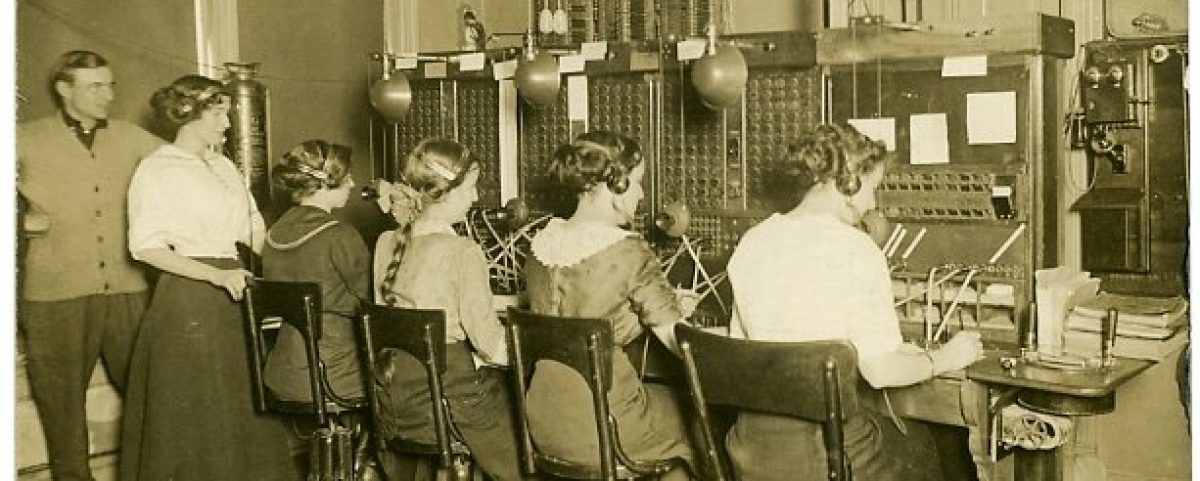
The Middletown Historical Society undertook a progressive 21st century project in 2012, one that is of tremendous value to researchers. The nonprofit focused on interpreting the history of the major New Castle County town south of the canal has digitized the Middletown Transcript. This paper has always covered its beat thoroughly, cranking out local content about Odessa, Townsend, Port Penn, Delaware City, and Middletown every week since 1868 as it continues publishing in the local community. When you read the pages of this weekly, you’re reading hometown news.
The Society contracted with a professional electronic imaging firm and now members are able to view the original products digitally. They are also able to search the issues from 1868 to the top of the 1990s. This digital creation which is text searchable is an outstanding contribution to the study of local history. Newspaper research, once a time-consuming, hit or miss undertaking has quickly moved from the old crank the microfilm process to the point where our papers are viewable and searchable in full text.
Most major newspapers have been digitized to some degree, but at the local level in Delaware these efforts are just getting underway. There are, of course, some exceptions in that some of the national subscription content providers have created images of a few of the early Delaware papers, but not much has been done beyond those early years.
Thanks Middletown Historical Society for being a trailblazer with local hometown papers in Delaware and for aiding researchers and genealogist. This is very progressive work.








